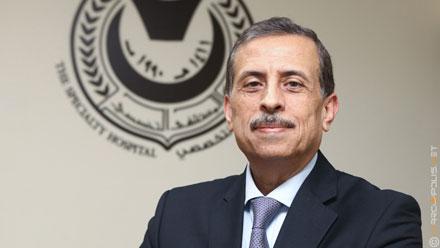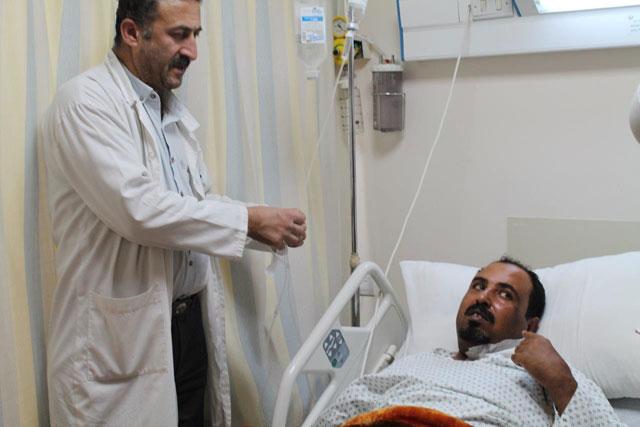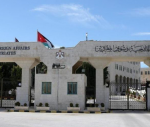You are here
Sector leader blames gov’t for 40% decline in medical tourism
By Ahmed Bani Mustafa - Dec 04,2017 - Last updated at Dec 04,2017

Fawzi Hammouri
AMMAN — The number of foreign patients visiting Jordan for treatment has dropped by 40 per cent during 2016 and 2017, according to a sector leader, who blamed government procedures for the decline.
However, Jordan is still leading the region as a medical tourism destination, President of the Private Hospitals Association (PHA) Fawzi Hammouri told The Jordan Times on Sunday in an e-mail interview.
"In 2015, the Kingdom received 250,000 foreign patients, however, the government has restricted the number of nationalities and required certain nationalities to obtain a visa prior to arrival in the Kingdom,” said Hammouri.
The procedure applies to Libyans, Yemenis, Iraqis, Syrians, Sudanese and a number of African countries, said the PHA chief, adding: "Unfortunately, the decision was good news for competition like Turkey, Tunisia and India”.
Currently, most visitors come from Saudi Arabia and the rest of the Gulf countries, in addition to sevral other nationalities, according to Hammouri.
The sector contributes to the GDP by 3.5 per cent or $1 billion, Hammouri said, noting that only 35 per cent of the money patients expend goes to the medical care providers, while 65 per cent is spent on services and products provided by other economic sectors such as aviation, transport, hotels, restaurants and shopping.
Jordan has 67 private hospitals, which account for 65 per cent of the total number of hospital in the Kingdom, association figures indicate.
Jordan’s medical sector has gained a good reputation for many reasons, including the quality of services provided at the medical facilities, which are equipped with the latest medical technology that exceeds the need of local patients and is able to absorb a large number of patients, said the president.
At present, 10 Jordanian hospitals are accredited by the Joint Commission International, with five others in the process of obtaining this recognition, while 25 local private hospitals are accredited by the Health Care Accreditation Council, Hammouri said.
Also among the positive aspects that give Jordan en edge over competitors is that there are 27 doctors for each 10,000 citizens, he added, along with competitive prices and the security and political stability the Kingdom enjoys.
The most demanded specialties by foreign patients are heart and arterial diseases, obesity and cosmetic surgery, bones and spine surgeries, kidneys diseases, and sterility.
Jordan has the largest natural spa on earth, and the Dead Sea, which is the lowest point on earth, and has healing powers for many diseases such as psoriasis and pulmonary diseases and many patients come for treatment at the Dead Sea, said Hammouri.
The association cooperates with the Tourism Ministry, the Health Ministry and the Jordan Tourism Board, which have collectively launched the Jordan Gate MEDXJORDAN, that connects between all the stakeholders in the industry.
Related Articles
AMMAN — The number of foreign patients visiting Jordan for treatment is expected to increase following the implementation of a recent govern
AMMAN — In 2019, Jordan received 220,000 medical tourists, lower than the annual average, according to the Private Hospitals Association (PH
AMMAN — Although there are several emerging markets for medical tourism in the region, Jordan is still distinguished by its skilful human re
















